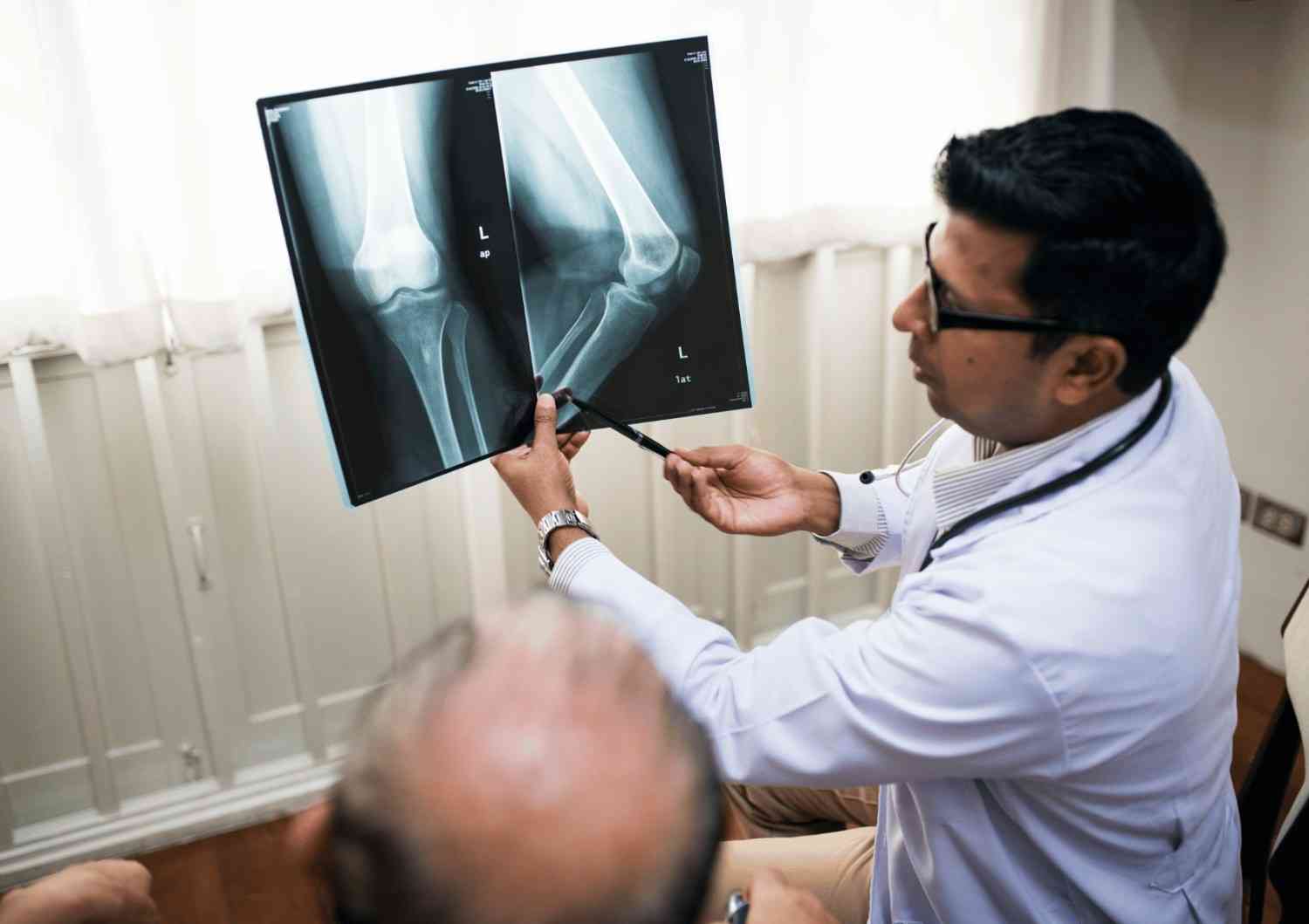What Are the Different Types of Genetic Tests, and When Should You Consider Them During Pregnancy?
February 27, 2025
Pregnancy is an exciting time, but it also brings many questions and concerns about the health of both the mother and the baby. One of the biggest concerns for expectant parents is whether their baby could inherit a genetic condition. This is where genetic testing can help. It provides valuable information that can help parents make informed decisions about their pregnancy. But when is the right time to consider genetic testing, and what types of tests are available during pregnancy?
What Is Genetic Testing During Pregnancy?
Genetic testing during pregnancy looks at the baby’s DNA to check for any genetic disorders or conditions. These tests help doctors detect potential problems early, allowing for better planning and care during pregnancy. Early detection can sometimes lead to better treatment options for both mother and baby.
Types of Genetic Tests During Pregnancy
There are various types of genetic tests available during pregnancy, each offering specific insights:
- Non-Invasive Prenatal Testing (NIPT)
NIPT is a simple blood test that analyzes the baby’s DNA in the mother’s blood. It’s a safe, non-invasive method to detect conditions like Down syndrome and trisomy 18. NIPT is typically done in the first trimester and has a high accuracy rate.
- Chorionic Villus Sampling (CVS)
CVS is an invasive test typically performed between the 10th and 13th weeks of pregnancy. A sample of tissue from the placenta is taken to test for genetic disorders like cystic fibrosis or Down syndrome. While the procedure does carry a small risk of miscarriage, it provides more accurate results than some other tests.
- Amniocentesis
Amniocentesis is another invasive test that is done between 15 and 20 weeks of pregnancy. A small sample of amniotic fluid is taken and tested for genetic conditions. It is highly accurate but carries a small risk of miscarriage.
- Carrier Screening
This test helps identify if both parents carry genes for certain genetic conditions, even if they are not affected by them. If both parents are carriers of the same condition, their baby might be at risk. Carrier screening is usually done before or early in pregnancy.
When to Consider Genetic Testing During Pregnancy?
Genetic testing might be considered if:
- You have a family history of genetic conditions or birth defects.
- You are over 35 years old, as the risk of genetic conditions increases with age.
- Routine tests show signs of a possible genetic condition.
- Previous pregnancies have involved genetic disorders.
- You or your partner are known carriers of genetic conditions.
Benefits of Genetic Screening During Pregnancy
Genetic testing offers several important benefits:
- Early Detection: It can identify potential health risks early, allowing for more timely interventions or treatment options.
- Peace of Mind: If the results are clear, parents can feel reassured, reducing anxiety during the pregnancy.
- Informed Decisions: Knowing about genetic risks can help parents make informed choices about their pregnancy and prepare for what may come.
Conclusion
Genetic testing during pregnancy provides valuable information that can help ensure the health of both mother and baby. It helps identify genetic conditions early and gives parents time to make informed decisions. If you are pregnant and considering genetic testing, Sri Sai Hospital offers expert advice and care. Our experienced team is committed to helping you make the best choices for your health and the well-being of your baby. Contact us today to learn more about genetic testing options during pregnancy.






